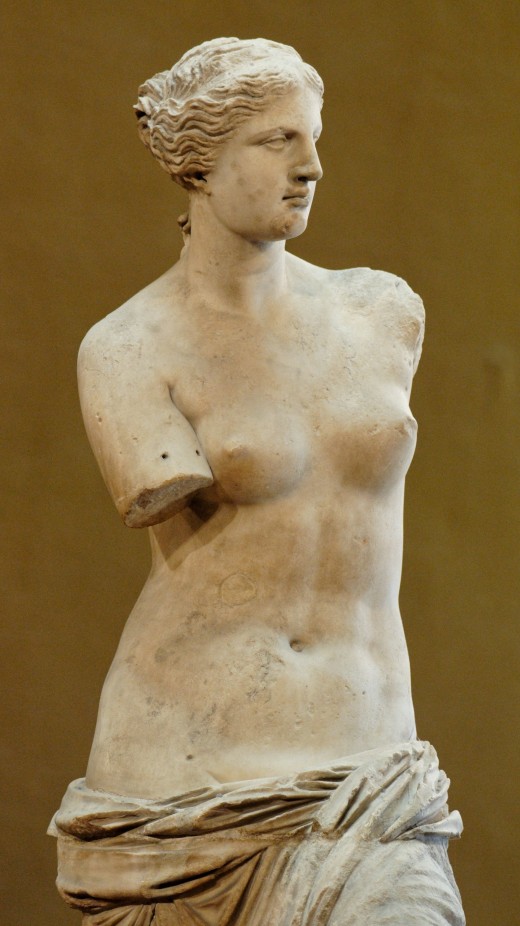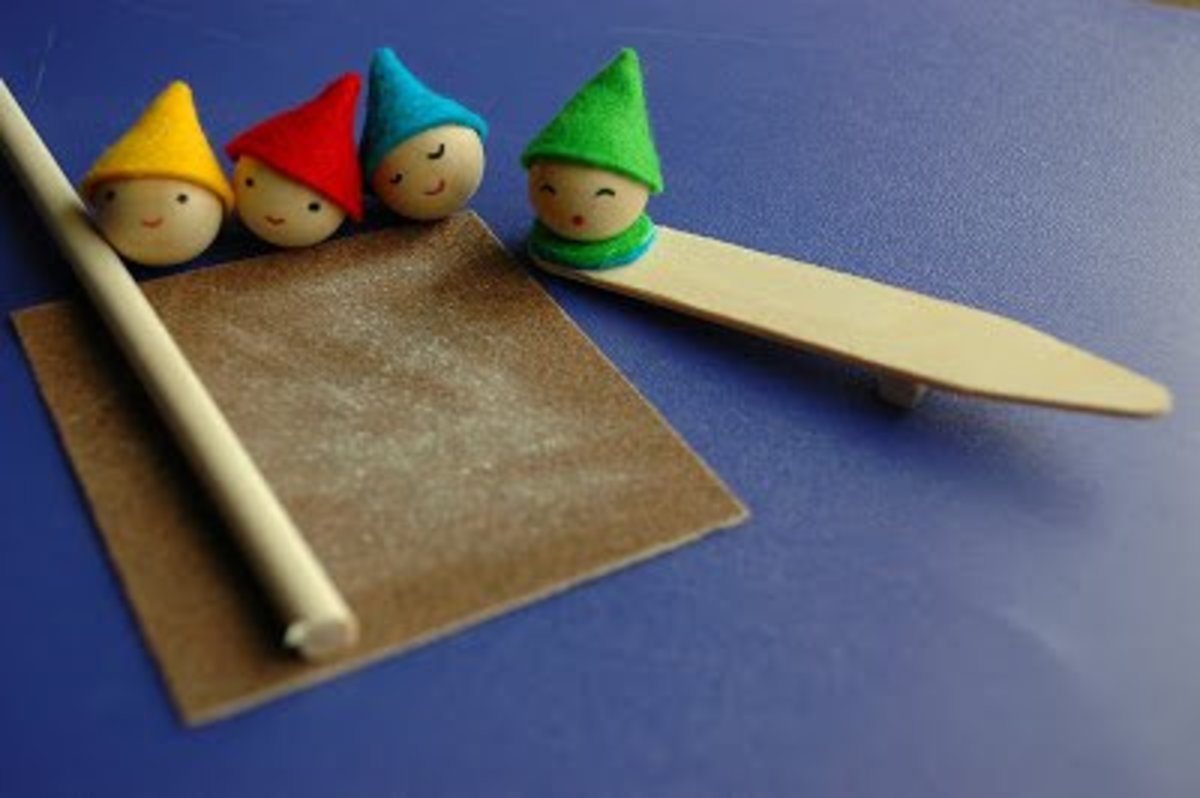Why are classics classics? A peak into the world of classics - From movies to music to art

This is a burning question to which the world is still finding an answer to. What is it that makes a classic revered and worshiped so much? How do classics manage to stand the test of time and transcend the barriers of cultures and generations? Whether classics are in the form of films, literature, music, art or fashion, they have remained elusive and elitist for some and difficult to absorb for many. Here are a few reasons why classics are classics.
Some of the below reasons raise more questions, rather than directly answering the question, "Why are classics classic?" In deliberation these questions are in fact, answers. Confused? Read on.
1) Classics have transcended cultures and generations
Why is Cleopatra's beauty considered a benchmark in the cosmetic industry all over the world? Why are religious epics still referred to when parents have to read fictitious stories to explain to their children the concept of good and evil? Why does every teenage girl in the word secretly tuck her Pride and Prejudice book under her pillow? Why can an American relate to Kurosawa's Roshomon as much as an Indian to Hitchcock's Vertigo, a Brazilian to Bergman's Cries and Whispers and a Japanese to Wyler' Ben Hur? That's because classics touch subjects of the human heart, or subjects that hold absolute truth for the whole world – such as the Pythagoras theorem.
2) Classics represent their era
How would you ever understand the meaning of freedom if you haven't read the soul stirring classics from South American Black literature? How would you know what rebellion means if you haven't read the Beat writers or seen a replica of Edward Munch's The Scream? How would you ever know how film editing techniques manipulated the story if you haven't seen Battleship Potemkin or Fritz Lang's Metropolis? How can you appreciate modern fusion music if you haven't heart the original Chopin or Tchaikovsky pieces? How would you know what disguise in modern drama means if you haven't absorbed Shakespearean comedy?
3) Classics have stood the test of time
No one has forgotten Aristotle's philosophy, Beethoven symphonies, Homer's Illiad, Curtiz's Casablanca or Coco Chanel's little black dress. Whether you like a classic or not is a different story, but the fact that they has survived through so many generations is commendable.
There has to be some substance in a classic whether it is a movie, book or a musical composition that the world loves them so much, generation after generation. Classics have always stood the test of time.
4) Classics teach us the essence of humankind
The reason why classics will always be classics and why they still manage to strike a chord is because basic human emotions and behavior will never change. Hate will always pervade, democracy will shudder with corruption, the poor will yield to the powerful, slavery will take modern forms, tales of unrequited love will still be tear jerking and modern medicine textbooks will still use Latin terms. As long as the core and essence of humankind survives, classics won't cease to be popular.
5) Classics establish models and systems
From where do you think the current systems of hospitalization, public space, banking, law, politics and administration have come into place? If you expose yourself to the classics, you'll know that many aspects of modern popular culture actually owe their roots heavily to classical predecessors – be it the Oedipal complex, Graffiti art, eco architecture, cyber laws or business ethics.
6) Classics force us to re-think our presumptions of the world
Getting to know classics is not just about knowing what ancient history was. It is about knowing where the modern world comes from. Anything you pinpoint around you probably has its origins in the classical world – and there is a reason why it has survived.
From simple things like the theater where you go to watch films, the statue that you see in the park, the design of the car you drive to the values of kinship and brotherhood that you impart to your children, it's all available in the classics.
7) Classics give way to the modern
An exposure to the classics often means that you get a benchmark to put the bygone era and the contemporary in perspective. For instance, Greek literature has an extensive mention of Delphi being the social hub of Greece where people from all over the region came to converse, sort their problems, make connections, identify enemies and seek counsel. Sounds familiar to Facebook? Similarly, classical jewelry designs are still replicated in modern fashion with lesser expensive materials even today. Modern cinema too continues to use filming conventions established by the classic filmmakers.








